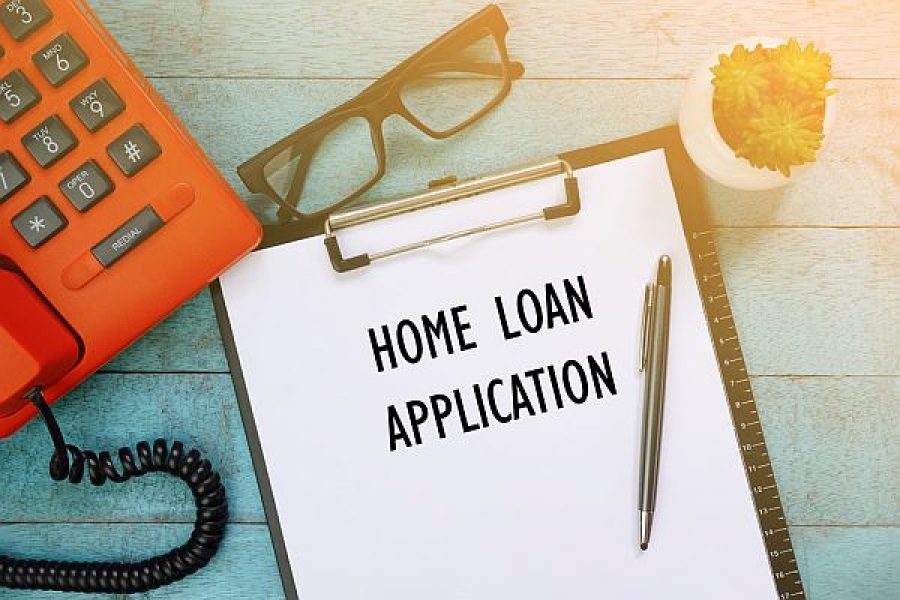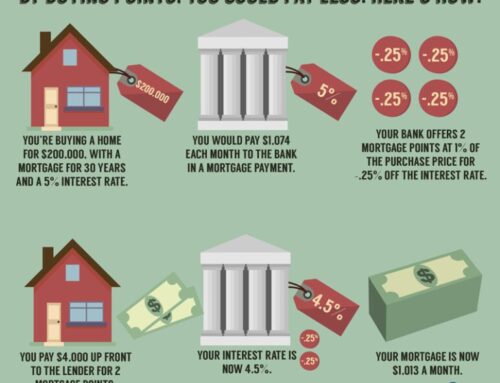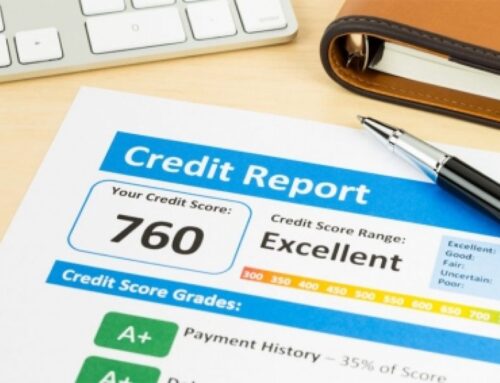The latest numbers from mortgage analysts Ellie Mae show that the average FICO score of approved conventional mortgages is 732. If a borrower has low credit scores (650 and under), then that average FICO score could seem like a chasm between them and the home they want to buy. But just because the average credit scores for a conventional mortgage are above 732 doesn’t mean low-credit borrowers are shut out of homes.

There are a good amount of options, and the federal and state level for mortgages can help even low-credit borrowers get the home of their dreams. Here are three types of loans you may want to explore.
1. USDA Loans
USDA loans are a great option for borrowers with low credit scores, because the minimum score for approval is 640. Not only that, but you won’t have to make a down payment for this mortgage. It sounds like an incredible deal and, for the consumer with bad credit, it is a legitimate option.
However, borrowers need to know the very clear limits the USDA places on where homes can be bought. Because the program was initially started to provide economic stimulation in rural areas, only homes outside of urban areas are eligible for the USDA mortgage program.
As far as the hard numbers go, several sources indicate that the borrowers’ mortgage can’t be more than 29 percent of their income, and the overall DTI is 41 percent. Both home prices and borrower income are capped, and that cap depends on the area in which the borrower wants to buy.
To understand exactly where the urban limits are for the city in which you live, the USDA’s website has a straightforward mapping app that shows clear boundaries between urban and rural.
2. State Bond Programs
While the USDA program is available in all states, bond programs tend to be specific to certain states. For example, Florida’s first-time homebuyer bond program offers up to $15,000 toward down payment and closing costs. The product is treated as a second mortgage.
Like the USDA mortgage, the credit scores needed for this loan are pretty low: 660. Also, there are income limits and limits on the purchase price of the home. The down payment assistance is “free” – you don’t have to pay it back as long as the home is your primary residence for five years after closing.
The catch here is that the interest rates are higher because they’re set by the state. So, while the borrower is getting up-front free money, they end up paying for it on the back end over the life of the loan.
3. FHA Loans
Ellie Mae estimates that 689 was the average credit score for borrowers who were accepted for an FHA loan. These loans require a 3.5 percent down payment if the borrower’s credit is 580 or higher, Zillow says, while scores between 500 and 579 require a down payment of 10 percent. The standard for the total mortgage payment is 31 percent of income, and DTI needs to be less than 43 percent. Mortgage insurance applies to the life of the loan.
A cursory view of the numbers makes the FHA loan a good bet for borrowers with average to bad credit scores who have the ability to make a 3.5 percent down payment. However, there can be some problems.
The FHA has their own criteria for the condition of the home the borrower is buying—if certain things need to be fixed, those fixes have to happen before closing and paid for out-of-pocket by the seller. However, if the borrower can find a home in good condition with only minor repairs noted during inspection, closing should proceed with the normal aches and pains.
Some Final Thoughts About Mortgages for Bad Credit Scores
It’s important to remember that borrowers have bad credit scores for a variety of reasons. One of those reasons could be that the borrower has high utilization – their credit card balances are more than 60-70 percent of their credit limits.
While most of us see this as a credit score issue – high utilization leads to lower scores – the more important area of concern is debt-to-income ratio. Having multiple credit cards with high balances leads to high minimum payments, which can cut into a borrower’s DTI and push them past 45 percent.
While a high DTI isn’t a mortgage death sentence, it is, according to the Federal Reserve, the number one reason why borrowers are rejected for a mortgage.
Position Realty
Office: 480-213-5251



